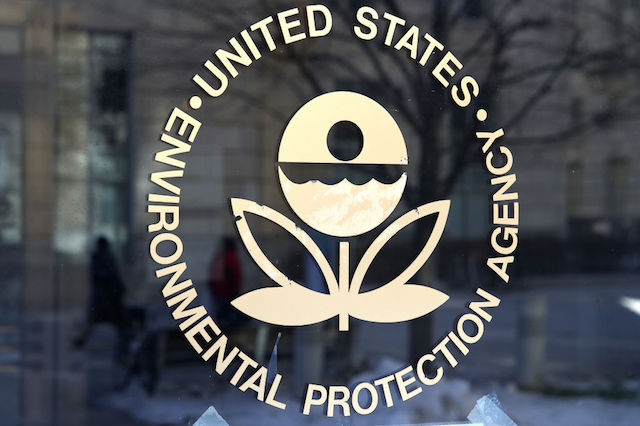The Environmental Protection Agency (EPA) has determined there is “insufficient evidence” to rule in favor of residents of an overwhelmingly Black town who filed a civil rights case in response to what they say are dangerous health risks associated with their local landfill.
Arrowhead Landfill is located in Uniontown, Alabama. It holds waste from 33 states and is twice the size of New York City’s 843-acre Central Park. Prior to 2010, it contained discarded car parts and electronics, according to an article published yesterday (March 6) in The Guardian. For the past eight years, it has also held 4 million tons of coal ash, relocated from a coal plant 330 miles away in Kingston, Tennessee.
Uniontown’s population, which is 90 percent Black with half of the residents living below the poverty line, has suffered a number of illnesses since the coal ash arrived. Per The Guardian:
Coal ash contains toxins such as mercury and arsenic that can affect the nervous and reproductive systems and cause other health problems. According to the EPA, people living within a mile of unlined coal ash storage ponds have a one in 50 risk of developing cancer.
Residents, already upset the landfill was placed next to a historic cemetery, began to fret that the coal ash would seep out into the air and water. Some stopped drinking the tap water. Many still spend as little time outdoors as possible due to the smell and swarms of flies. A rash of nosebleeds, breathing difficulties, mental health issues and cancers have been blamed upon the coal ash, although the authorities have not conducted any studies to analyze the potential link.
According to The Guardian, climate justice advocates cite Uniontown as a textbook case of environmental racism, as its population of lower-income earning Black people has been unable to effectively fight a known polluter endangering their health. And as various studies have shown—including one released last month by the EPA—communities of color are more likely to live near factories or landfills that release toxic emissions.
In 2013, Uniontown residents filed a complaint under Title VI of the Civil Rights Act. They initiated the complaint during the Obama administration, which, says the Guardian, “sought to overhaul a federal system that has rarely invoked anti-discrimination laws to remedy environmental injustices.”
The EPA under the Trump administration has taken on significantly fewer new legal cases against polluters. In addition, The Guardian says it has moved to relax regulations around the disposal of coal ash. “To date we haven’t seen any actions by the Trump administration in support of our most vulnerable communities. They continue to weaken or roll back basic protections critical to their survival,” former EPA official Mustafa Ali, who is now senior vice president at social advocacy organization Hip Hop Caucus, told The Guardian.
In the EPA’s 29-page letter responding to the lawsuit, the agency wrote there was “no causal connection” between Uniontown’s health concerns with the landfill or coal ash.
An appeal of the EPA decision seems unlikely, according to Marianne Engleman Lado, one of the lawyers who represented Uniontown residents. “The decision is frustrating, it’s angering,” she told the publication. “Uniontown is a classic civil rights situation. How can people trust the government if it can’t even recognize how this enormous facility is affecting the community? It’s mind-boggling.”
